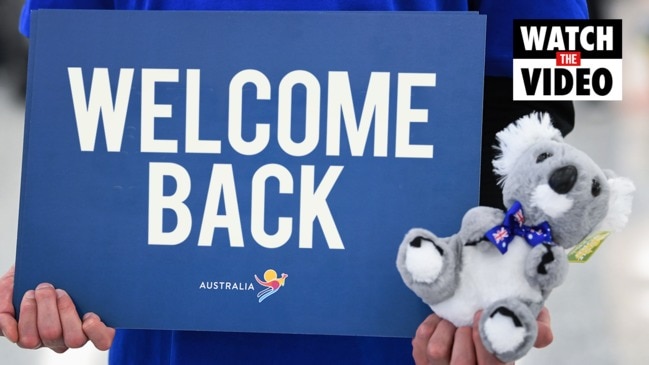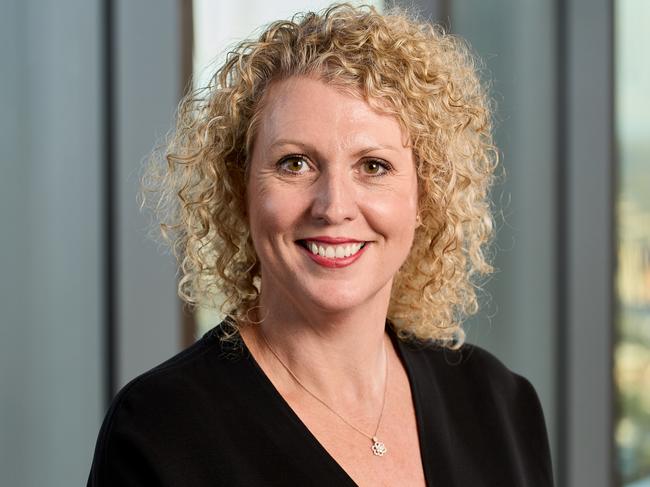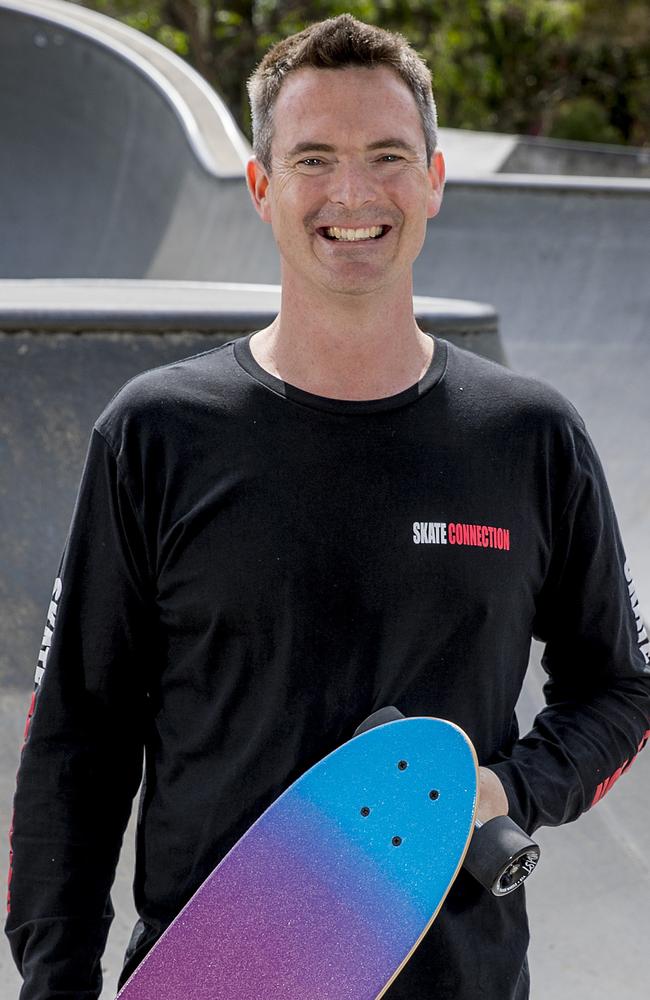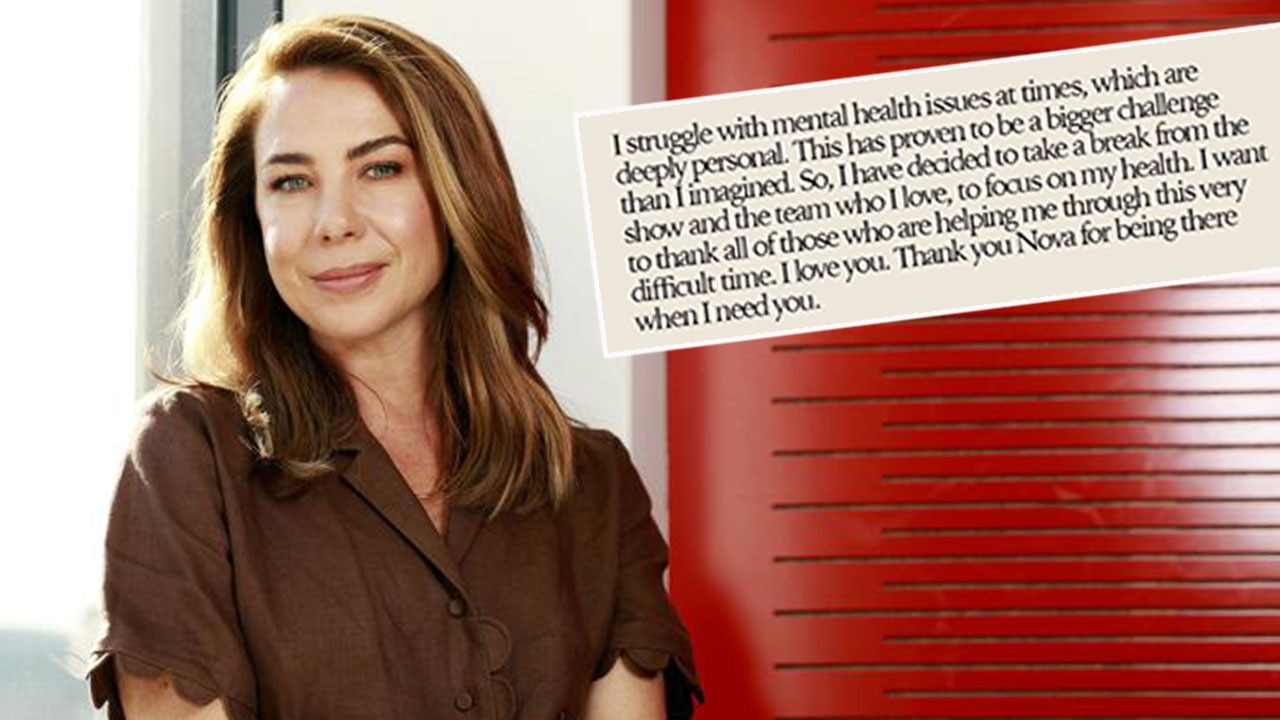Flight Centre boss ‘Skroo’ Turner says closures, lockdowns won’t ever happen again
Flight Centre boss Graham “Skroo” Turner says the measures used to control the spread of Covid-19 will go down in history as a failure and will never be repeated.

News
Don't miss out on the headlines from News. Followed categories will be added to My News.
A Queensland business leader says border closures and lockdowns were an abject failure, even if authorities refuse to admit it.
Flight Centre boss Graham “Skroo” Turner told The Courier-Mail on the eve of the one-year anniversary since the state’s borders reopened that he had no doubt that the measures used to control the spread of Covid would never be repeated.
“I think you’ll get just about all the chief health officers, in Australia anyway, to accept that it’s not going to happen again,” Mr Turner said.
“Which means that they’re accepting that it was the wrong thing to do, not that they are going to admit that, of course.
“Even if we have a serious pandemic, the concept of locking down the whole population, when there’s a very small percentage that are vulnerable to it, is pretty strange.
“I think the good thing is that they won’t do this again.”

Flight Centre was one of many of the thousand businesses hit hard by the pandemic and is on the long road to recovery.
“We’re back into profit, relatively small profits at the moment,” he said.
“But we still have a long way to go because it’s the same as the airlines and the disruption for them when they shut down for two years.
“We are coming back slowly but surely.
“But you know, this is going to be a two or three-year recovery after two years of border closures and lockdowns.”
Chamber of Commerce and Industry Queensland chief executive Heidi Cooper said lockdowns and extended border closures affected business in many ways, from consumer and market access and confidence to supply chain disruptions, staff availability and future business confidence.
“While our businesses were reopened to interstate consumer and tourism markets in the time for the holiday season, the emergence of a new Covid strain in Queensland and the impact that had on consumers and workforces was lasting,” she said.
“Still, we know Queensland businesses, workforces, supply chains, industries and communities are adaptable, robust and committed beyond measure and the last 12 months have proven
that.”

CCIQ September 2022 quarter Pulse data shows on average business operating levels returned to pre-Covid levels for the first time since March 2020.
On average, Queensland businesses are now operating 105 per cent above this level.
“There is still work to do however, as businesses’ confidence in the future of both the state and national economies is weak,” Ms Cooper said.
“For many businesses, they have not seen normal trading conditions for some time.
“This holiday period is a great time for Queenslanders to be getting out wherever they can and supporting local businesses.”
Hospitality businesses were also ravaged by Covid measures and industry stalwart and state director of the Restaurant and Catering industry of Australia, John Gambaro, laments the loss of talent on the back of border closures and shutdowns.
“When you sit back and look at how many different groups and people were affected, it’s just horrendous … we lost a lot of talent that was coming in from overseas,” he said.

Mr Gambaro kept his stable of successful restaurants afloat, by pivoting with initiatives such as “Gambaro to Go”, a click and collect and delivery service.
The reopening of borders has seen a positive turnaround for the hospitality industry and community support has been a crucial aspect of the reigniting of the industry.
“What people realise is that they want to come back to restaurants and be spoiled … The greatest thing about our industry is that we bring people together to celebrate over food,” Mr Gambaro said.
ABS figures show this year’s October retail trade spending fell 0.2 per cent but rose 12.5 per cent compared to October 2021.

Queensland retailer Skate Connection is seeing spending similar to pre-pandemic levels but said it had slowed down compared to last year.
“We’ve sort of returned to 2019 figures,” director and co-founder Brett Vowles said.
“Over the last three months or so, we’ve seen a decline of people in-store due to cost of living pressures.
Mr Vowles said new businesses and retailers that struggled during the pandemic would find the next year difficult.
“You’ll find quite a few retailers will go out of business because of the lack of money in the market, with people spending money on mortgage repayments and increased living costs,” he said.




